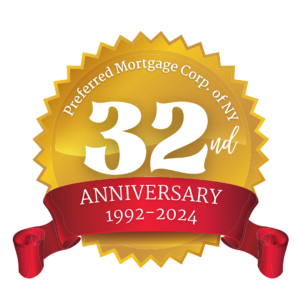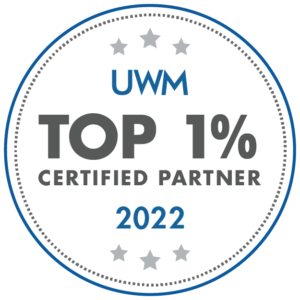Reverse Mortgages
Are you 62 or older and need money to pay for health care or cover basic monthly expenses? If so, you might want to consider getting a reverse mortgage.
Is a Retirement Mortgage Right For You?
It’s no secret that as a retiree, your income may be limited, and finding a part-time job to supplement it can be difficult due to varying issues. With a reverse mortgage, you can convert part of your home equity into cash, earning extra money.
As experts in reverse mortgages, we know the process can be complicated and overwhelming. Our team is here to walk you through all of your reverse mortgage needs. Just contact us today or fill out the form on this page.
What is a reverse mortgage?
- This is the most common question retired homeowners ask when looking into reverse mortgages. Generally, the most common type of reverse mortgage is a HECM (Home Equity Conversion Mortgage). This loan allows you to borrow money using your home as security.
- Many borrowers choose reverse mortgages because it allows them to remain in their houses while providing funds to supplement their retirement income. However, with reverse mortgages, you’ll continue paying your homeowner’s insurance, property taxes, and maintenance costs.
Find a Loan
Mortgage Options
How do reverse mortgages work?
In reverse mortgages, the lender converts part of your home equity into cash, which is then paid to you monthly. You’re not required to pay back these monthly payments as long as you live in the home. Typically, the loan balance is due until you move out of your home, neglect to maintain it, pass away, or fail to pay insurance or taxes. Therefore, if you vacate the house or sell it, you’ll have to repay the loan.
Alternatively, if you have an existing mortgage on your home, a reverse mortgage works by using a portion of your home equity to pay it off first. Then, your lender pays you any remaining proceeds from your reverse mortgage loan.
Since you’re not required to make any monthly payments, your monthly interest accrues over time as your interest is added onto the balance you owe each month.
Reverse Mortgages Pros and Cons
Like traditional mortgages, reverse mortgages have their own advantages and disadvantages that you need to consider to make an informed decision. Below, we’ve compiled some pros and cons to help you with your reverse mortgage application.
Pros
As mentioned earlier, reverse mortgages ensure you can supplement your income after retirement by giving you tax-free cash. You can use this cash for anything, ranging from health care costs to home renovations.
Many homeowners prefer reverse mortgages because they get to keep the title of their homes. Hence, they ensure you can afford to stay in the home you love, guaranteeing better retirement. Besides, if you have an existing mortgage, it eliminates monthly mortgage payments.
Since there are different types of reverse mortgages and funds can be disbursed in numerous ways, you can easily find a reverse mortgage that meets your retirement needs. Also, you never have to worry about your loan balance exceeding your home’s value as the FHA covers the difference.
Cons
Unfortunately, with reverse mortgages, you owe more over time as interest is added to your loan’s balance. As your loan increases, your home equity decreases. You also have to pay other costs related to your home, including insurance, property taxes, and maintenance fees, and failure to do so can result in you repaying your loan sooner.
More About Reverse Mortgages
Despite the disadvantages reverse mortgages offers, it’s a reasonable option for individuals looking for a better retirement. Furthermore, the pros far outweigh the cons, and with the help of an experienced mortgage advisor like us, you can easily navigate the disadvantages and age in peace.
To know whether a reverse mortgage loan is right for you, give us a call, and our team will get back to you immediately.
We pride ourselves on customer satisfaction, and that’s why we provide quality reverse mortgage information, helping you every step of the way.
Helpful Information
Contact Us
How can home equity bring you closer to your retirement goals? Fill out the form below to learn more.
Give us a call toll-free at 800-320-0447 or email us at [email protected].


